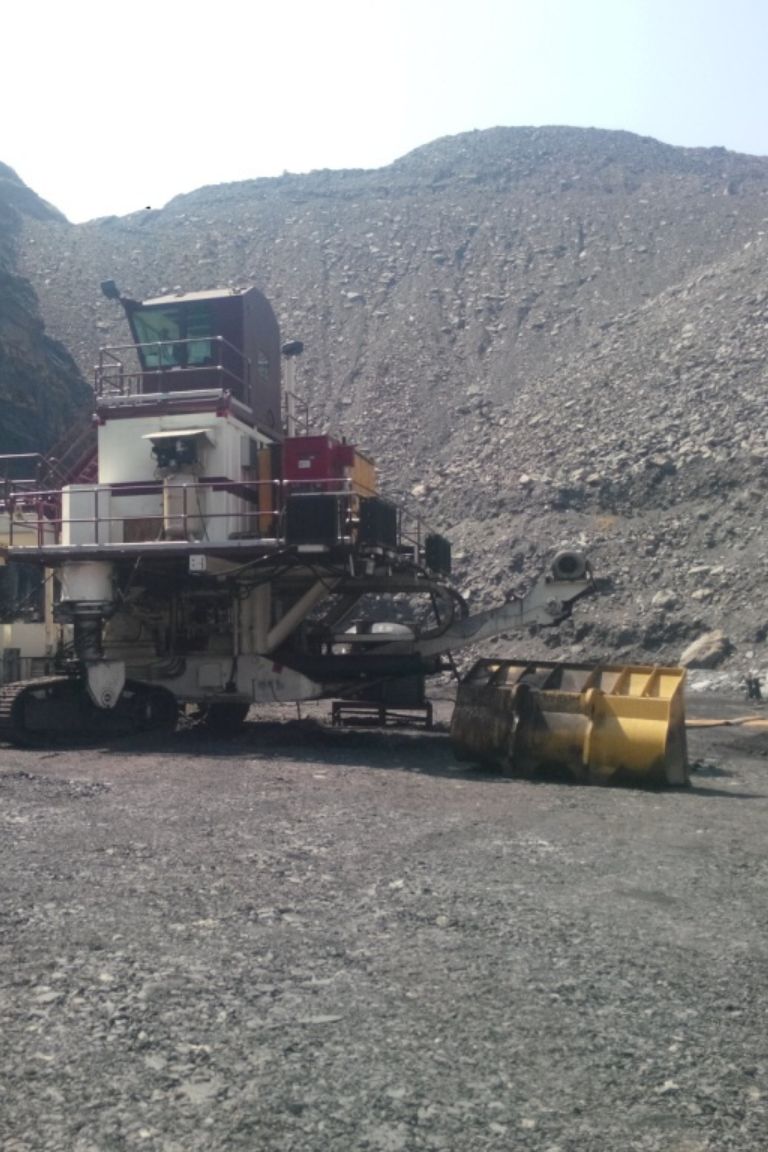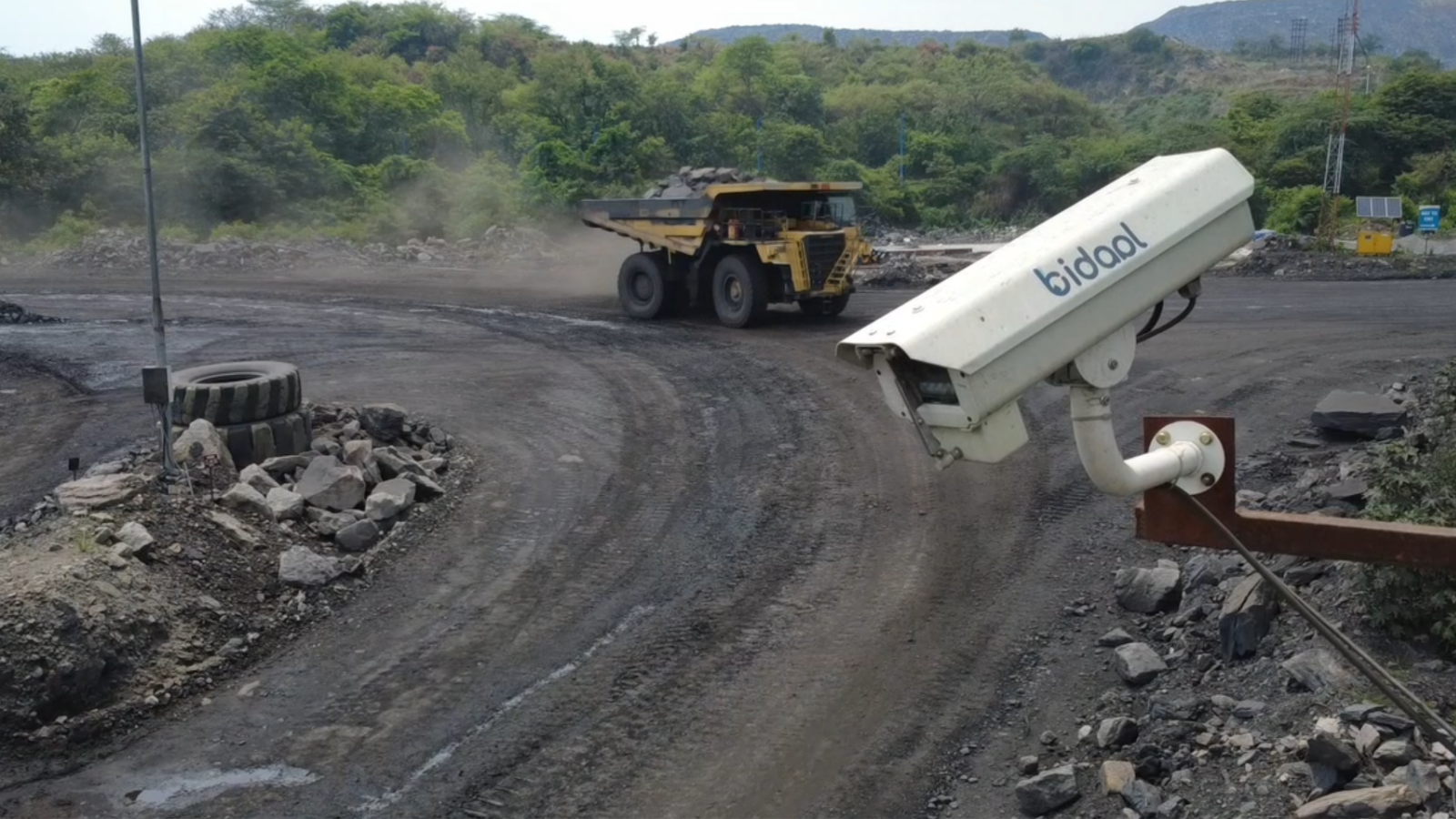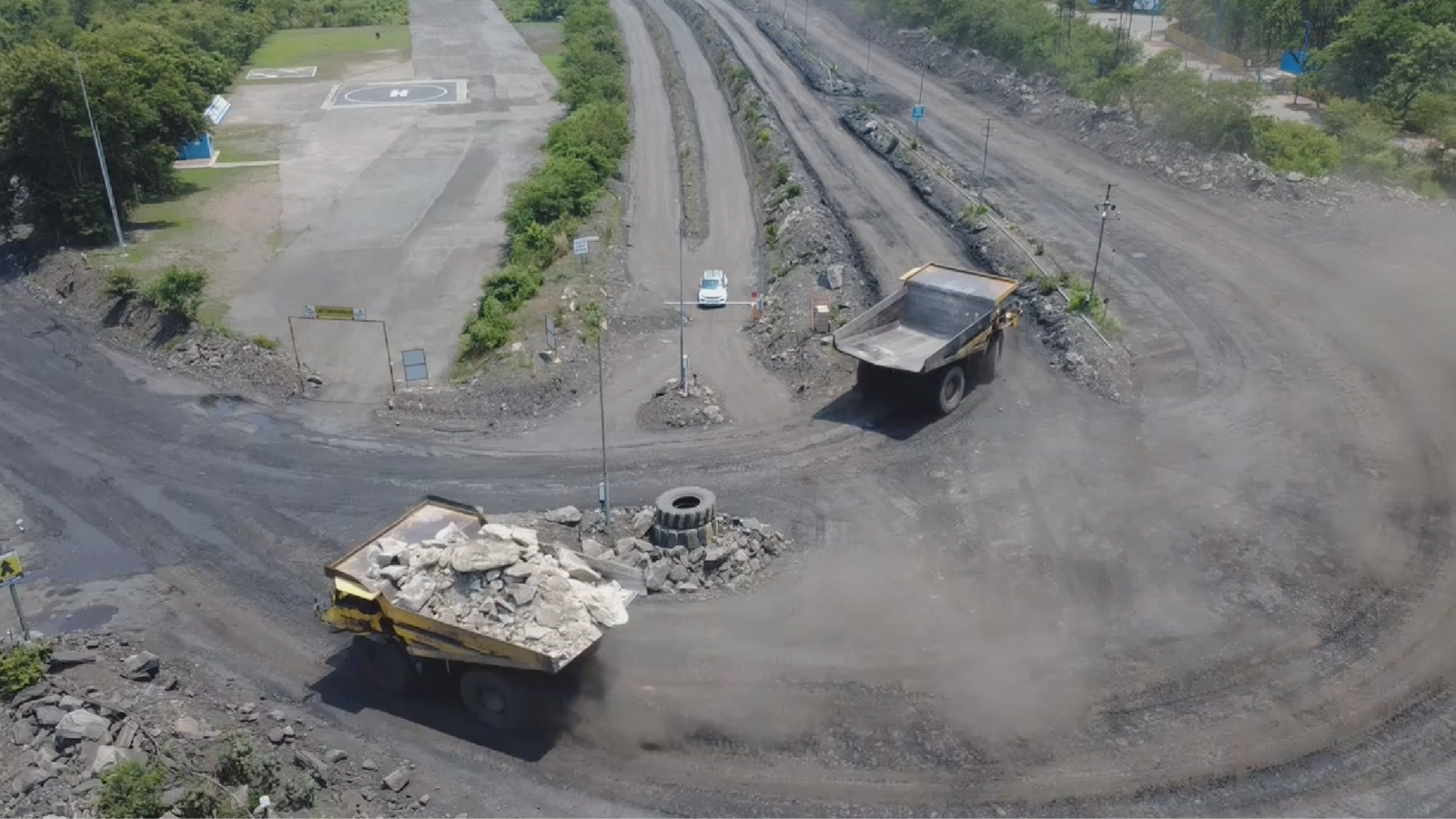100% reduction in near-miss violations, Tata Steel West Bokaro division sets new standard in industrial traffic safety
Companies worldwide trust Bidaal to enhance workplace safety and empower their workforce. Learn how our AI-driven solutions proactively protect employees and improve operational efficiency.

Identify Areas Of Risk With Scaling Workforce
Tata Steel, one of India’s and the world’s leading conglomerates, operates a vast network of mineral ore mines across Odisha, Jharkhand, and West Bengal. Major iron ore sites such as Noamundi, Joda, and Khondbond contribute significantly to the company’s annual production of millions of tonnes of iron. The sheer scale and intensity of these operations demand uninterrupted, 24/7 activity to maintain a consistent mineral supply.
A critical site in this network is the OMQ West Bokaro Division, renowned for its eco-friendly open-cast mining practices and an annual output of 5.5 million tonnes of raw coal. Given its operational and economic significance, this mine experiences high vehicular activity, leading to increased chances of man-machine and machine-machine interactions.
Drivers of heavy-duty vehicles—including Dumpers, HEMMs, and LMVs—face significant navigation challenges, worsened by harsh conditions such as dense dust, fog, and hazardous gases, as well as the inherent blind spots of large machinery. These factors heighten the risk of collisions, which could not only result in serious injuries or fatalities but also lead to major disruptions such as production halts, reputational setbacks, economic downturn, workforce disputes, and potential legal consequences.
Traditionally, such risks have been managed using manual methods—deploying traffic guards or relying on static signaling systems. However, these approaches are often rigid, reactive, and inefficient, unable to adapt dynamically to changing operational conditions. They ultimately hinder productivity and operational growth.
"The traffic management system significantly reduced the potential collision between vehicles that we have witnessed earlier. Thus, we are glad that there was an overall increase in safety as well as operational efficiency in our mines"
Saurabh JalanManager Maintenance, TATA Steel, Quarry SEB
Identify Areas Of Risk With Scaling Workforce
To address these complex challenges, Bidaal deployed its patented solution SMILE in the West Bokaro region—an AI-powered, vision-based digital system designed to optimize traffic and mining operations. SMILE integrates seamlessly with existing traffic hardware, including traffic lights, boom barriers, and hooters, and is driven by smart sensors and AI-enabled cameras to deliver a truly intelligent traffic management solution.
The core objective of the system was to automatically identify different categories of vehicles—such as LMVs and HEMMs—and assign them movement priority. Based on this prioritization, SMILE orchestrates traffic flow at critical intersections, ensuring orderly movement of both vehicles and pedestrians while minimizing the risk of collisions or unsafe interactions.

Beyond regulating movement, the system was capable of real-time violation detection, identifying incidents such as red light jumping, over-speeding, and lane misuse. These insights play crucial role in quickly pinpointing the responsible personnel and initiating appropriate corrective actions.
SMILE also provided advanced features like trip counting, traffic flow data logging, and remote system monitoring—ensuring both transparency and operational control. To further ensure reliability, the system was equipped with fail-safe mechanisms to maintain functionality during power outages or unexpected disruptions.
By replacing outdated manual controls with an intelligent, responsive, and data-driven solution, Bidaal aimed to enhanced safety, efficiency, and scalability of Tata Steel’s mining operations at West Bokaro.
80% Reduction In Incidents
Bidaal’s AI-based solution brought comprehensive benefits to Tata Steel at the West Bokaro facility — notably enhancing operational speed, reducing economic losses, and eliminating high-risk accident scenarios.
Due to potential interactions between high earth moving vehicles and regular vehicles at critical intersections, dumper trucks were forced to operate at slow speeds to avoid collisions. This safety-first approach, though necessary, caused delays in the transportation of goods, with each journey taking longer than optimal. By deploying Bidaal’s AI-powered monitoring system, real-time detection and predictive analytics enabled the dumper trucks to travel at a consistent and safe speed. As a result, Tata Steel recorded a 80% increase in operational efficiency, significantly accelerating the internal logistics cycle and improving production throughput across the mines.

In addition to improved efficiency, the system played a critical role in mitigating economic risks. The earlier inefficiencies were contributing to a measurable economic downturn, both due to delays in operations and the persistent risk of accidents. Any incident within the mining region could result in legal repercussions, property damage, disruptions in operations, and associated public disturbances — all of which posed financial threats. With Bidaal’s solution actively monitoring the intersection and managing movement intelligently, these risks were effectively neutralized, resulting in cost savings of more than 20 lakhs over time.
Perhaps the most crucial outcome was the reduction in accident risk. Prior to implementation, the intersection was prone to as much as 100% potential accident scenarios annually due to the high volume of mixed traffic. Post-deployment, this risk dropped to zero incidents. This not only ensured the safety of workers and assets but also positioned Tata Steel as a leader in adopting proactive, technology-driven safety measures.
Let’s walk you through the platform

